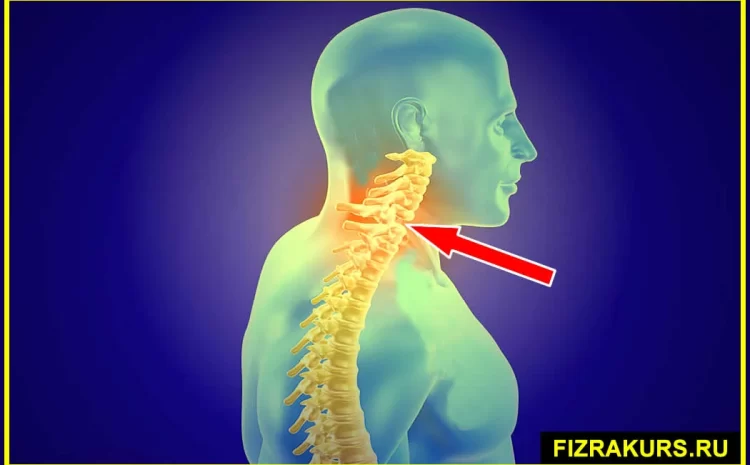
Personal Injury Law – Most personal injury case retainer agreements provide for a one-third legal fee contingent upon a recovery (by verdict or settlement) and will include language something like this:
The percentage fee is calculated on the amount recovered. The disbursements are deducted from the plaintiff’s settlement or verdict amount. The disbursements properly chargeable to the case are items such as investigation and expert fees.
So what’s that mean?
It means that the expenses and disbursements (we’ll give examples in a moment) are deducted from the plaintiff’s settlement or verdict amount (and reimbursed to the lawyer who, after all, advanced those items out of his own bank account).
- Insider Tip #1 (You won’t like this one): Your lawyer is not permitted to guarantee you that you will not be responsible to repay his expenses and disbursements, even if the case is lost. This would violate Judiciary Law 488 which prohibits lawyers from “buying” lawsuits. It’s OK to take a case on a contingent percentage and to advance the disbursements (which are really client expenses) but telling a client he will never be liable for these disbursements is what’s prohibited. The law aims to keep attorneys from using their own financial clout to compete for clients. [That said, I know of no lawyer who ever made serious efforts to get his disbursements paid by his client after he lost a case.]
So the one-third legal fee is on the net, fine. But what are the expenses and disbursements that are “properly chargeable?”
Let’s get the easy ones out of the way first. Here are several typical plainly proper categories and also some typical amounts you might see on the closing statement. (The closing statement is what your lawyer files with the court system at the end of your case to advise the authorities of the recovery, his fee and his disbursements.):
- court filing fees (e.g., $210 to start the lawsuit)
- investigator (e.g., $250-$1,500 to take scene photos and get witness statements)
- medical records (@$0.75 per page, this can be $100-$2,500 depending on treatment)
- doctor’s narrative report – ($500-$1,500 for your treating doctor to write a report detailing in lay terms your injuries, their causation and your prognosis)
- deposition transcripts (approx. $5 a page, could be $500 -$2,500 depending on length and number)
- experts fees ($2,000 -$15,000 or more depending on how many doctors testify for you in court and if other experts such as engineers, accident reconstructionists, etc. are needed that can drive up this cost many thousands more)
Here are expenses and disbursements that are plainly wrong and have resulted in lawyer disciplinary action:
- financial assistance to the client for personal fiancial obligations (lawyer disciplined with public censure in Matter of Arensberg)
- charging client for non-existent expenses or for which the lawyer hasn’t paid (lawyer disbarred in Matter of Mann)
- making loans to client (lawyer suspended in Matter of Cellino)
Here are some other expenses and disbursements that have been held may not be charged to the client, but did not result in lawyer disciplinary action:
- investigator’s fee to accompany and sit with attorney at trial (Levy v. State)
- new attorney to handle an appeal (Shaw v. Manufacturers Hanover Trust Co.; Siagha v. David Katz & Associates, LLP) – unless the original retainer agreement clearly and explicitly provided for such an expense to be charged to the client
- ordinary office overhead


